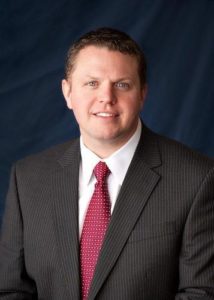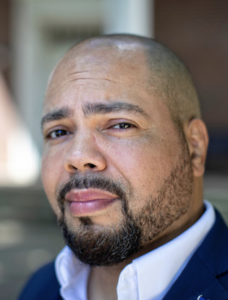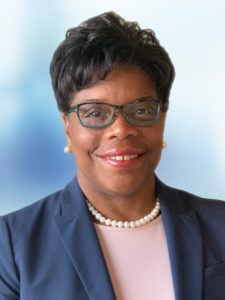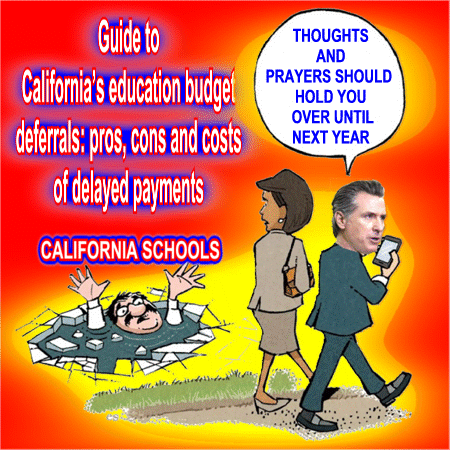Three candidates named in Kentucky’s education commissioner search
The Kentucky Board of Education on July 1 released the names of three candidates vying to become Kentucky’s next commissioner of education.
The board will meet July 6-7 to conduct second-round interviews with the three candidates in Louisville.
The candidates include:
 Jason Glass
Jason GlassJason Glass, Ed.D. – Glass has been serving as superintendent and chief learner for Jeffco Public Schools in the metro Denver area since 2017. Prior to that, he served as the superintendent of Eagle County Schools in Colorado and as Iowa’s Director of Education, serving as the chief state school officer from 2010-2013. Glass also was previously the senior director of human capital strategy with Battelle for Kids and has held district leadership posts in human resources and research and assessment, worked as vice president of Quality Ratings with Qualistar Early Learning, held several posts with the Colorado Department of Education; and worked as a university instructor while a graduate student at the University of Kentucky, teaching at UK and Georgetown College. He began his teaching career as a high school social studies teacher for Hazard Independent Schools. A native of Brandenburg, KY, he earned his doctorate in education leadership from Seton Hall University, a master’s in political science, a master’s in education and a bachelor’s in political science and history, all from the University of Kentucky.
 Julian Vasquez Heilig
Julian Vasquez HeiligJulian Vasquez Heilig, Ph.D. – Vasquez Heilig currently serves as the dean of the College of Education and professor of educational policy studies and evaluation at the University of Kentucky. He has served as professor of educational leadership and policy studies and director of the Doctorate in Educational Leadership at California State University. He has held numerous positions at the University of Texas, including associate professor of educational policy and planning, coordinator of the master’s program in educational policy and planning, vice-chair of the Department of Educational Administration’s Graduate Studies Committee, assistant professor of educational policy and planning, associate and assistant professor of African and African diaspora studies, faculty associate for the Center for Mexican American Studies, and faculty affiliate of the Center for African and African American Studies. Vasquez Heilig also served as associate director of research centers for the University Council for Educational Administration and was co-director of the Texas Center for Collaborative Educational Research and Policy. A native of Michigan, he earned his doctorate of educational administration and policy analysis and a master’s of sociology from Stanford University, as well as a master’s in higher education and a bachelor’s in history and psychology from the University of Michigan.
 Felicia Cumings Smith
Felicia Cumings SmithFelicia Cumings Smith, Ed.D. – Smith currently serves as the assistant superintendent of teaching and learning in Jefferson County Public Schools (JCPS). She also served as senior program officer for the Bill and Melinda Gates Foundation, director of the National Center on Education and the Economy, executive director of the Collaborative Center for Literacy Development and lecturer at the University of Kentucky, was an associate commissioner and K-12 education program consultant at the Kentucky Department of Education, and began her career as an elementary and reading resource teacher in JCPS. A Kentucky native, Smith earned her Rank I in instructional leadership and school superintendent certification, as well as her doctorate in instruction and administration from the University of Kentucky. She earned her master’s and bachelor’s in elementary education from the University of Louisville.
The KBE retained Florida-based Greenwood/Asher in March to lead the search for the next CONTINUE READING: Three candidates named in Kentucky’s education commissioner search | Kentucky Teacher






























